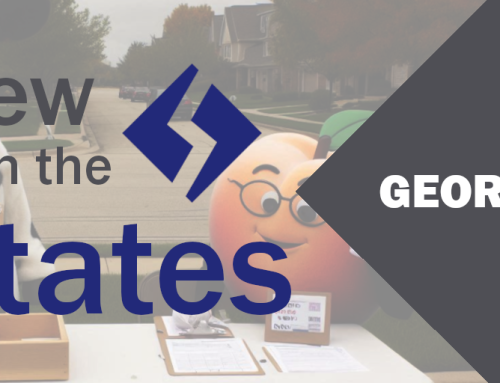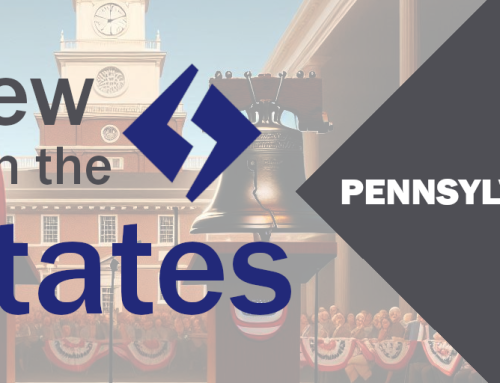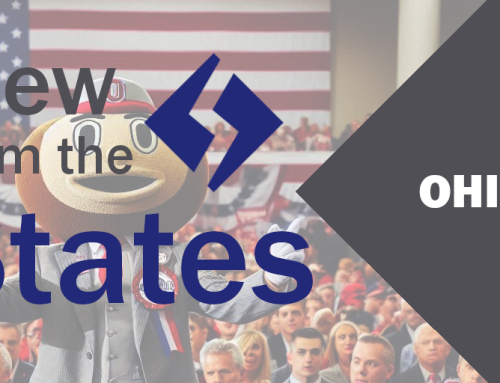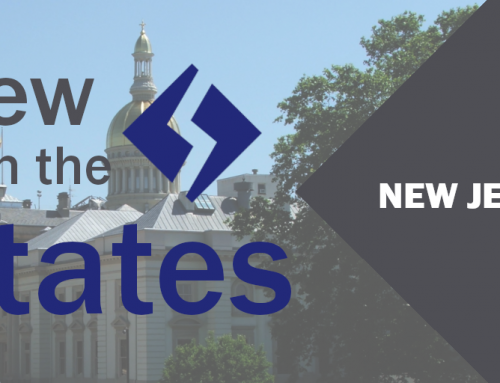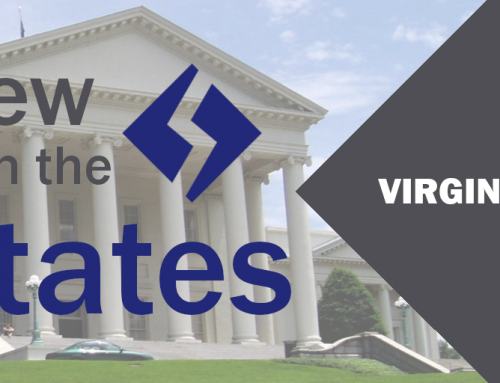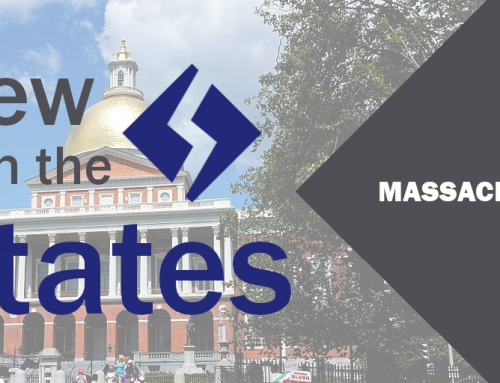Tapping into the expertise and perspective of Highland’s network of over 500 bipartisan, in-state operatives, “View from the States” offers you periodic insights into the important local trends often overlooked by Inside-the-Beltway “conventional wisdom.”
In this edition, we look at Maine, which is using a unique method to choose their nominees for Governor.
Two crowded fields
The two major parties recently finalized their gubernatorial slates for the June 12th primary, narrowing what had been a field of more than 24 candidates down to 12 – seven Democrats and five Republicans.
Leading contenders for the Democrats are Adam Cote and current Attorney General Janet Mills. The open question is whether Democrats will have the wisdom to nominate either, since they’re both legitimately electable within an electorate that has twice elected Governor Paul LePage.
On the Republican side, the state’s political insiders have put their chips on Shawn Moody, a moderate independent turned conservative firebrand. He is backed by the same group of operatives who helped turn LePage from an unknown mayor from Waterville to a two-term governor.
Yet with a strong independent-minded streak, the Maine electorate has a reputation for bucking trends. One of Highland’s in-state operative points to candidates in both parties who are in position to make primary night interesting.
The Democrats’ sleeper is Betsy Sweet, a publicly-financed candidate with plenty of money in the bank and largely aligned with the progressive Democratic primary voters.
For the GOP, the wild card is State Senator Garrett Mason, who has run a strong grassroots campaign and attracted support from Maine’s quiet – but well-organized – religious conservative community.
Ready to get wild? Ranked choice voting comes to Maine.
For such a crowded field of candidates, the massive question mark hovering over the June 12 primary is not who gets elected, but how they get elected. Pending legal challenges from the state GOP, Maine’s primaries will become the first statewide elections to use “ranked choice voting.” The Maine Secretary of State even created a video to explain the process (It’s not quite Schoolhouse Rock but let’s give them an A for effort):
Passed by public referendum, the move to a ranked choice system is, according to experts in the state, a near-direct reaction to Gov. LePage. LePage’s blunt rhetoric stands out in a state that sends centrists to Washington, D.C. Despite being elected to two terms, LePage has never won a majority (he was elected with 38% of the vote and re-elected with 48%). Ranked choice system supporters claim the system will tamp down partisan rhetoric by making it impossible to ride a vocal plurality through a multiple-candidate field.
The ranked choice system itself is on the ballot on June 12, too. After the original referendum victory, the Maine legislature delayed the law on constitutional grounds and mandated fixes for some legal concerns. If voters overturn the legislature’s action, then Maine will use ranked choice voting for federal offices in November. (Notably, state offices will still be determined using the old, first-past-the-post system. That includes the Governor’s office – the very position which drove the adoption of the ranked choice system.)
What are the ramifications of this grand experiment in the Pine Tree State? Will everyone play nice? Will there be more crossover voters? Is this a solution in search of a problem? And what challenges will the state face in tabulating and reporting the results? If it goes well, will other municipalities – and maybe even states – adopt the system?
Learning the answers to these questions may prove even more fascinating on June 12 than finding out how Maine’s primary contests turn out.
Highland Advocacy Group is a full-service grassroots and grasstops consulting firm that boasts a best-in-class national field network of operatives in every state and congressional district.



